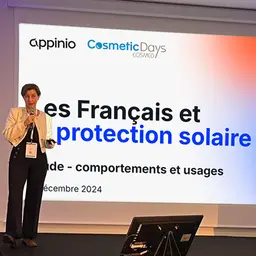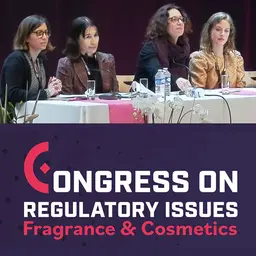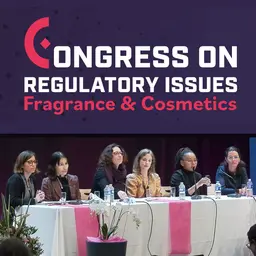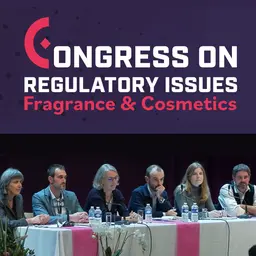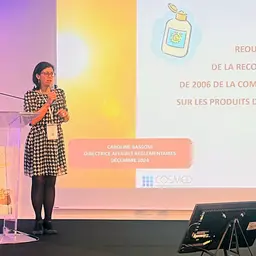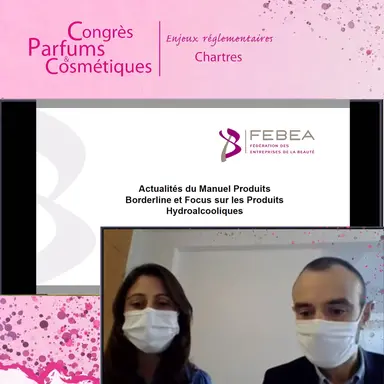
Two new versions, four new entries, editorial clarifications on essential oils and an addendum on hydroalcoholic products: the year 2020 has been rich in changes for the European manual on so-called “borderline” products, these products on which it is sometimes delicate to decide on their status and the regulations on which they depend. During the Perfumes & Cosmetics congress in the Cosmetic Valley, held on 4 and 5 November 2020, Xavier Guéant and Laure Menanteau, respectively Director of Legal Affairs and Scientific and Regulatory Adviser of the FEBEA, detailed the various points that made the Borderline Products Manual topical this year.
As regards consumer information and safety, European law provides a general and horizontal framework (Directive 2001/95/EC on general product safety), but many products also fall under the scope of sectoral regulations (medicines, medical devices, biocides, toys, food supplements, cosmetics, etc.).
Sometimes there are also sectoral regulations at national level.
The whole purpose of the Borderline Manual is to help arbitrate on the status of a product and determine which of these different regulations apply to it.
Cosmetic products are regulated by Regulation 1223/2009, which defines them in its Article 2 as “any substance or mixture intended to be placed in contact with the external parts of the human body (epidermis, hair system, nails, lips and external genital organs) or with the teeth and mucous membranes of the oral cavity with a view exclusively or mainly to cleaning them, perfuming them, changing their appearance, protecting them, keeping them in good condition or correcting body odours.”
This definition includes key elements (indicated in bold), which help to outline what a cosmetic product is, particularly when it is on the borders of other categories of products that are regulated elsewhere.
What is a borderline product?
The European principle is that a product cannot …




